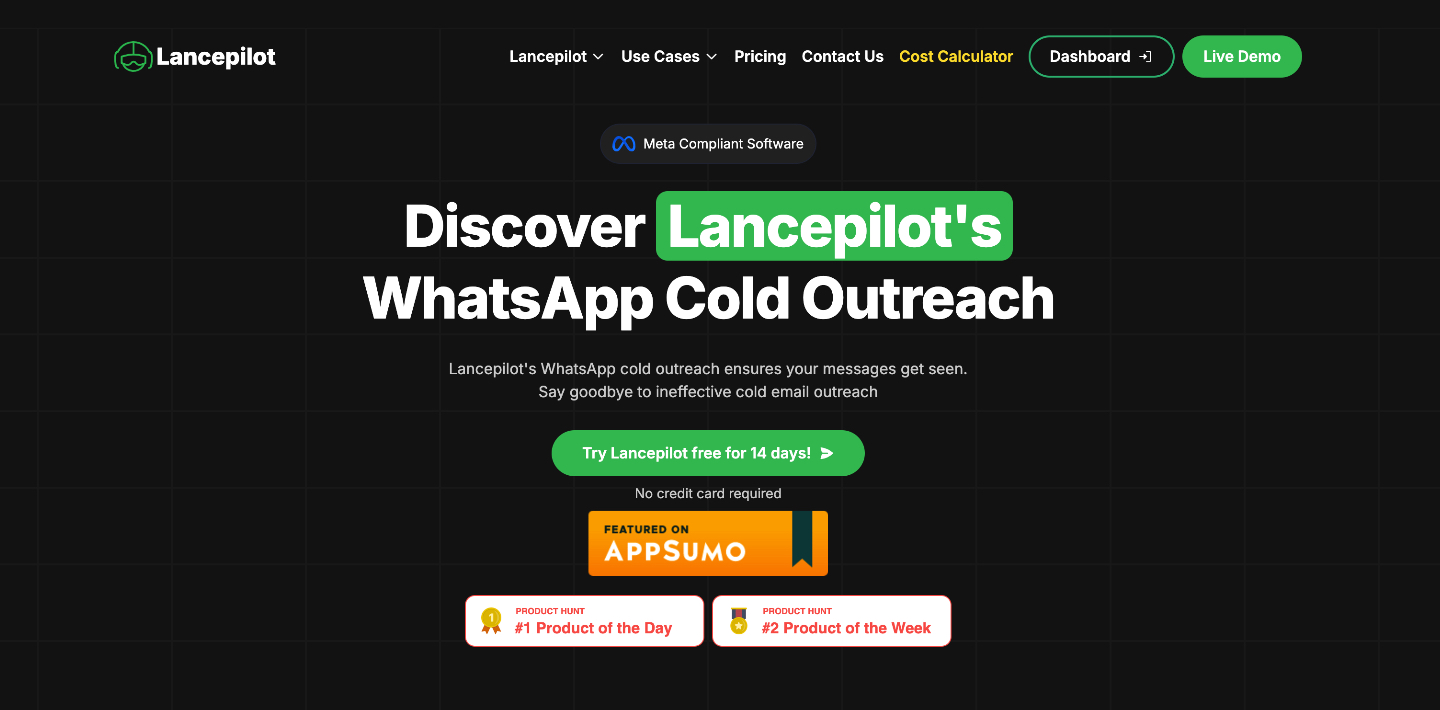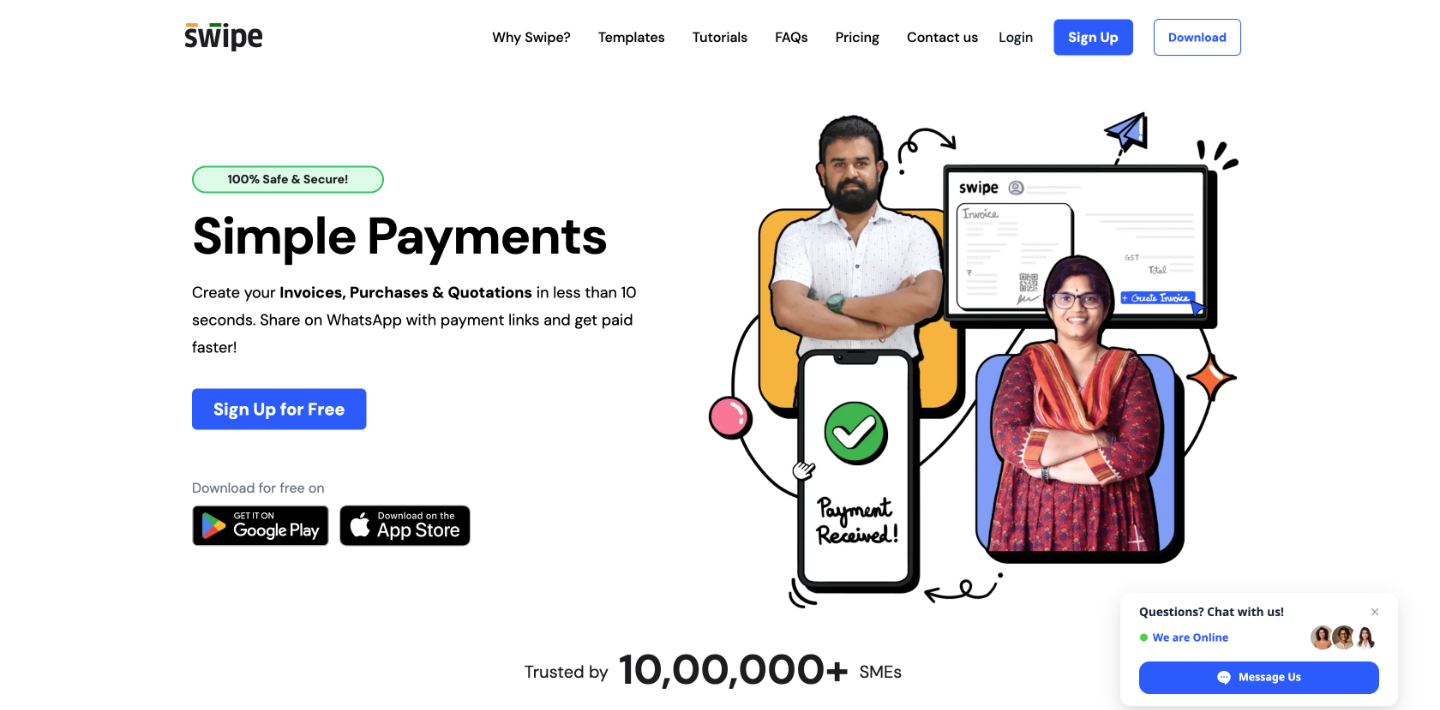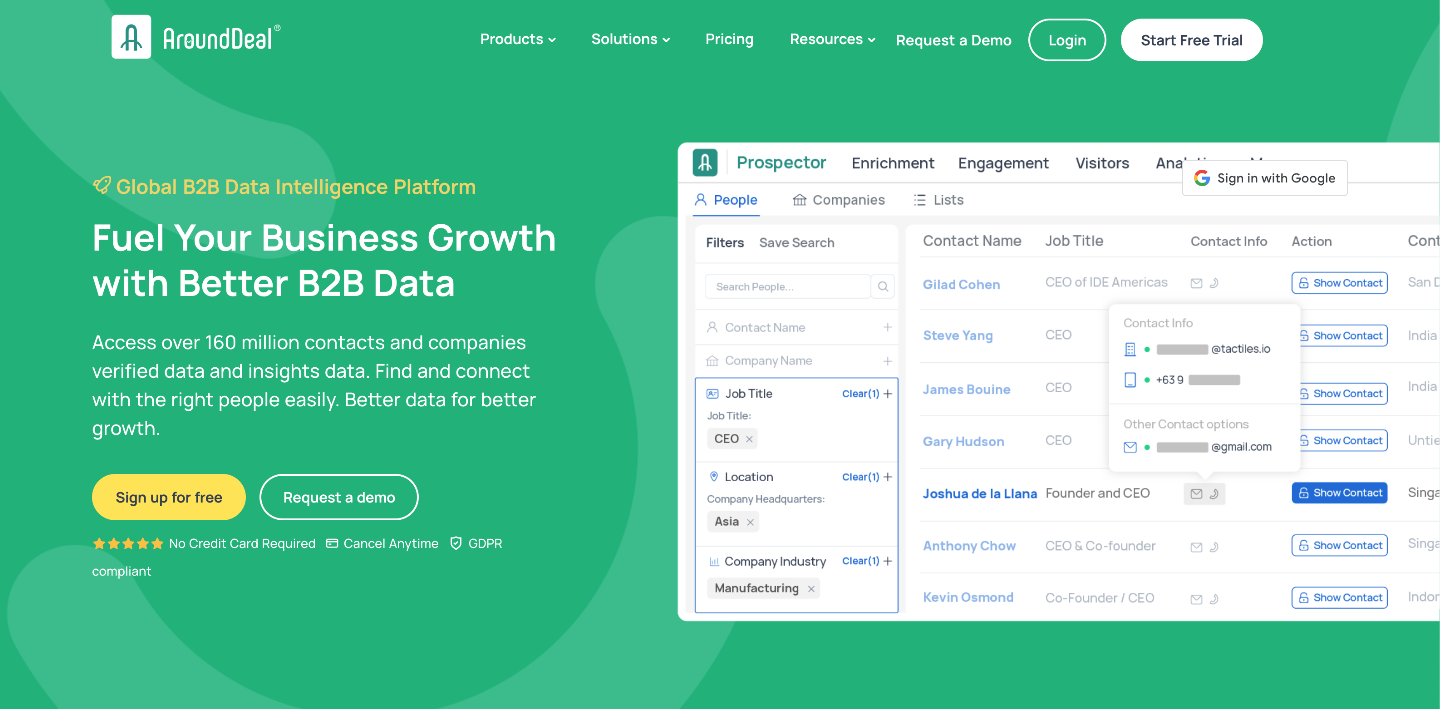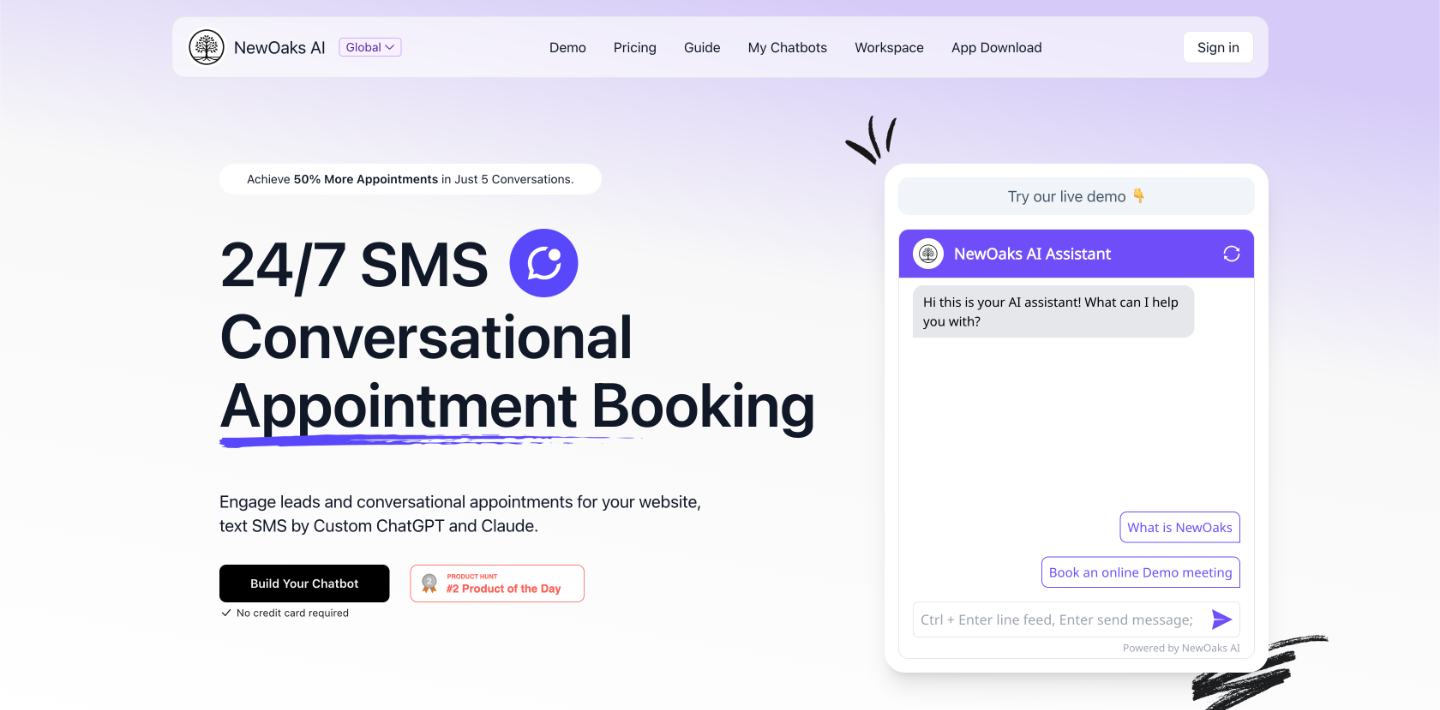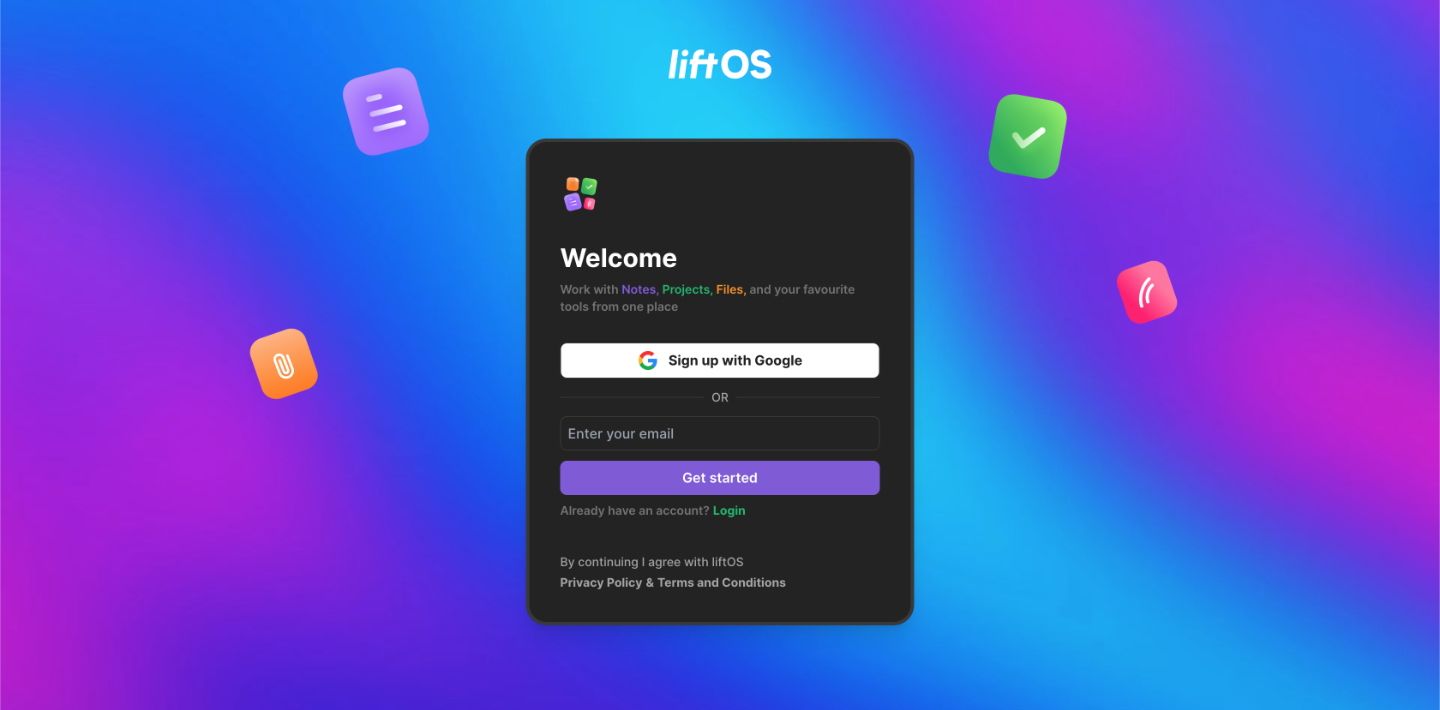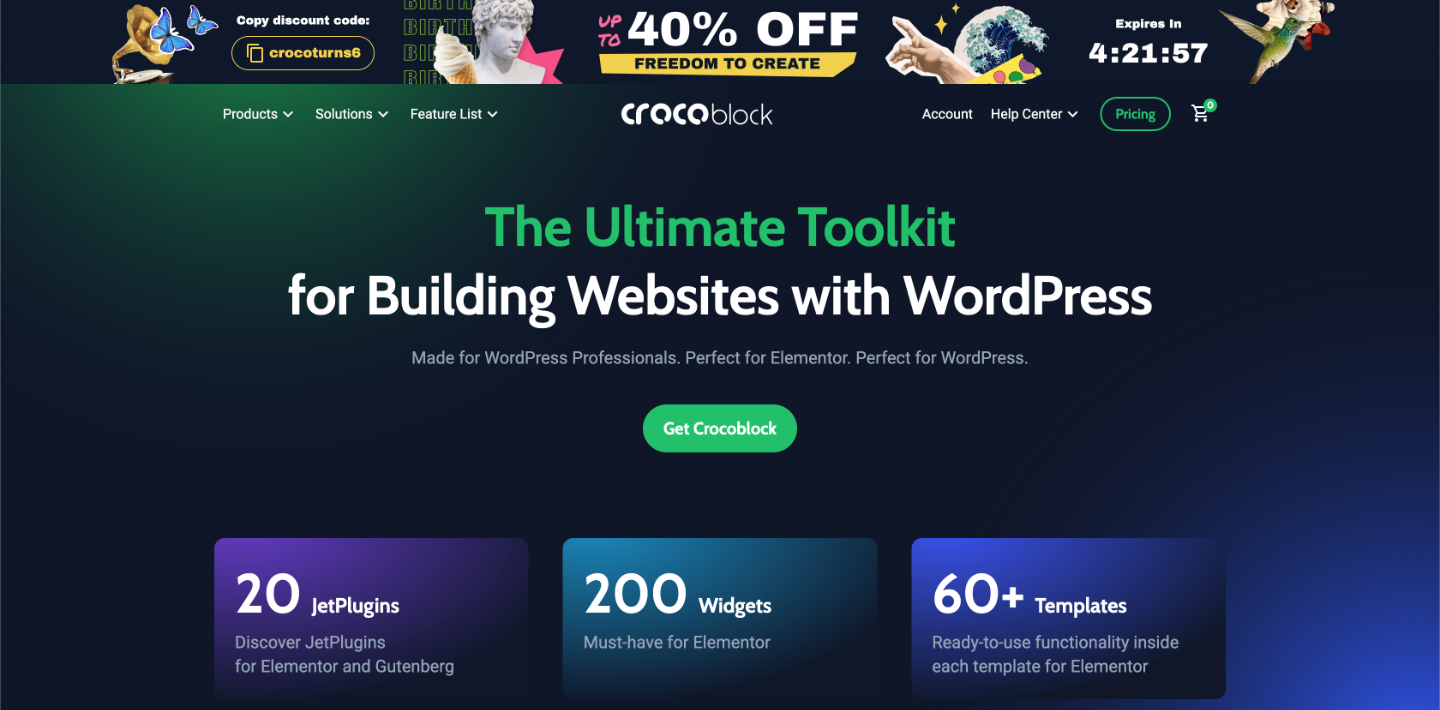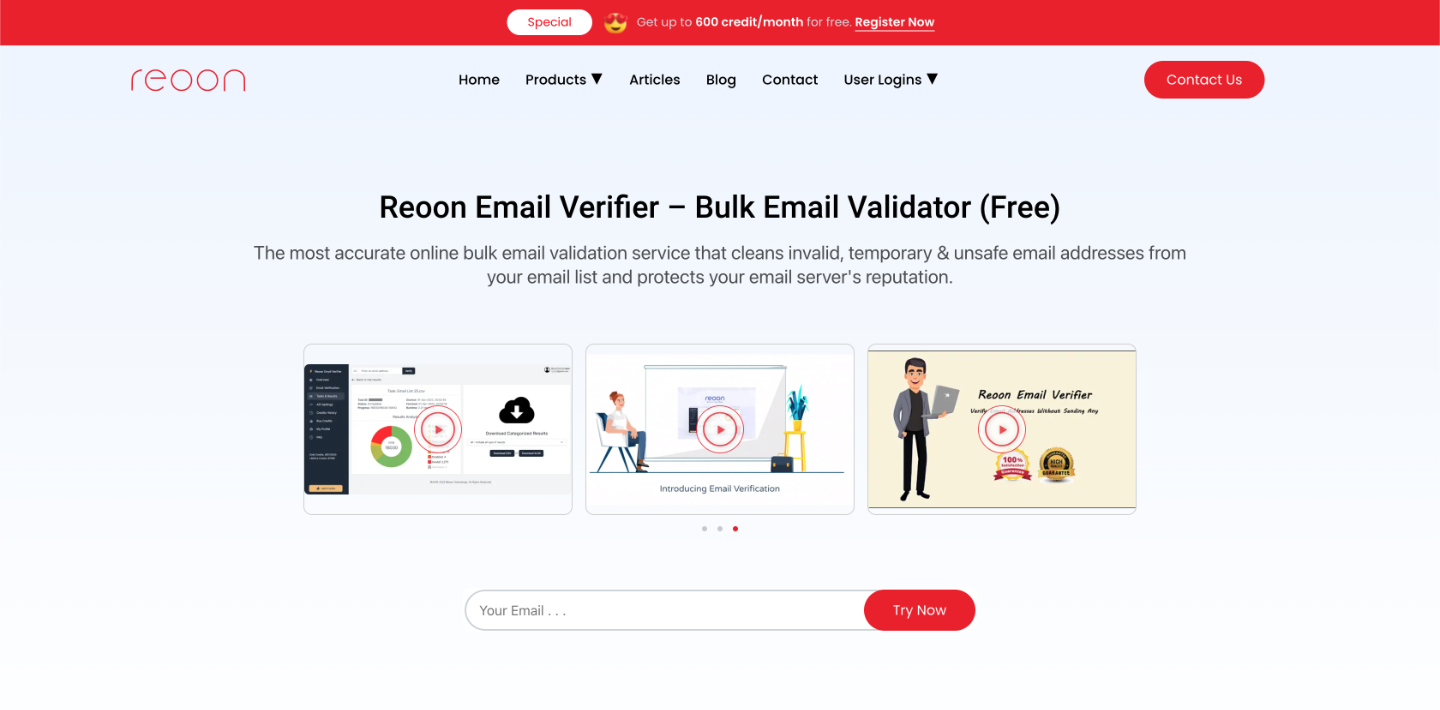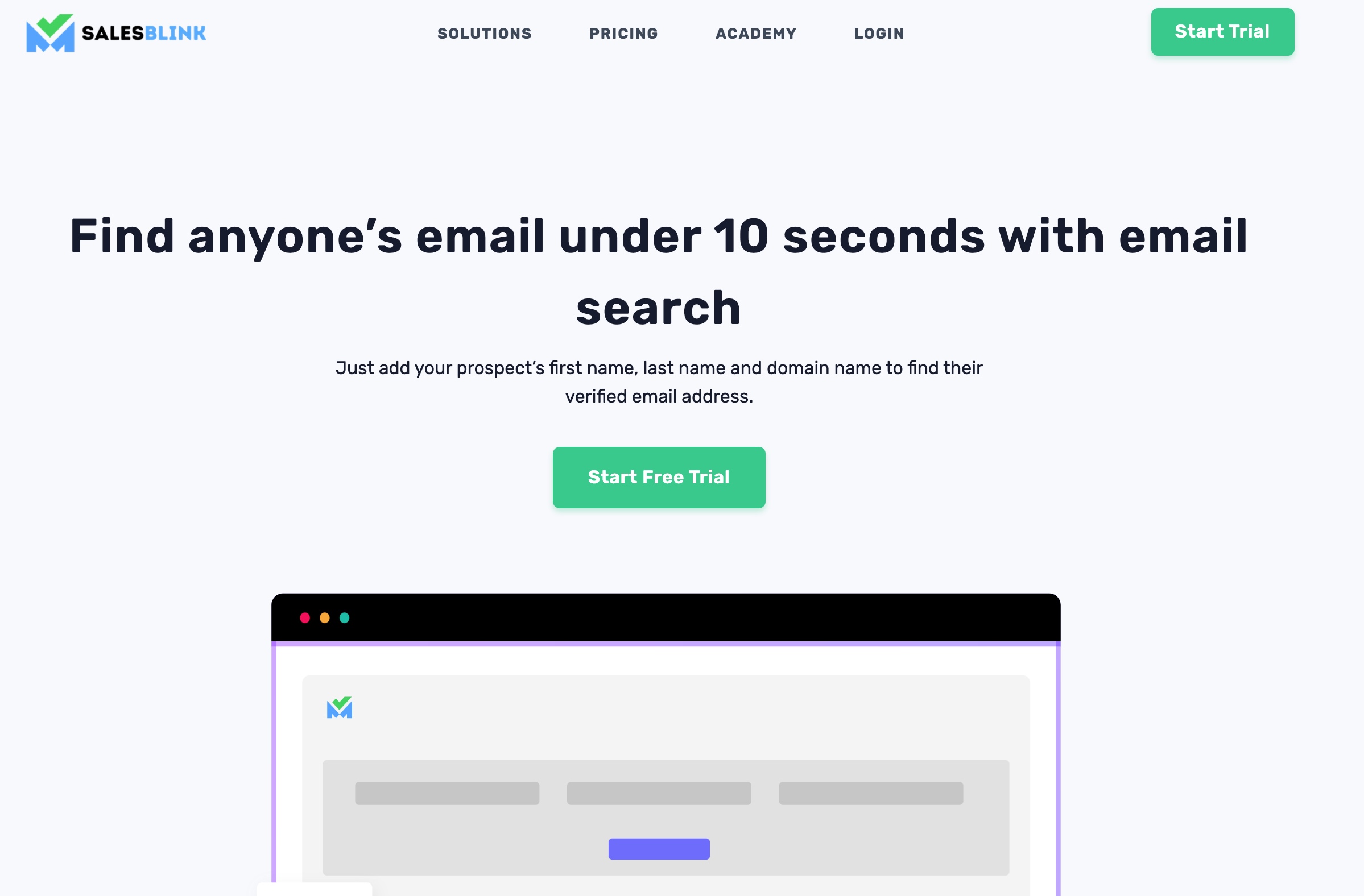Once you have decided to build a website, ideally, you already have some purpose in mind – whether that’s to have a web presence for your brick-and-mortar business, build an online business, serve as an online portfolio for your freelance work, or just share your hobbies and passion with the world. The good news is, you can build a website out of the can without touching a line of code!
Hosting
Pick a domain name. You don’t want it to be too long, but also not so obvious that it’s taken already.
But first, you’ll have to find a good place to host that domain. And with electronic real estate – just like the physical real estate that you rent and go live in – you get what you pay for. Today’s technology allows prices that are shockingly cheap compared to just ten years ago. For most Vanilla website needs, an account whose price ranges from $10 to $20 per month will be plenty. Bigger, more ambitious sites will be more expensive. Most hosting providers will have an upgrade plan. Registering the domain name is a matter of paying $15 once a year.
Ideally, your web host will provide you with a CMS (Content Management System), such as CPanel, Joomla, or Drupal. Take the tutorial, check out the packages offered, and install from there. Your web host should offer you a WordPress package. WordPress is free, open source, and has been the go-to choice for bloggers.
WordPress setup
Once WordPress is installed, you should pick out a template, or download one off the web. A quick Google will find dozens of sites offering free WordPress templates. The keywords here should be “as simple as possible”! Google has recently started penalizing sites for not being mobile-friendly, so you should check out WordPress templates on a mobile phone. In fact, a good policy is to design for the phone first and let all the other devices catch up.
You might also want to install other packages. You can set up PHPBB for an online forum if you want to host your own mini-Reddit, gallery software if your focus will be on displaying images, perhaps a small chat system such as Disqus. Most of the time, you will want to avoid turning on WordPress comments – unless it’s crucial to get guest feedback, blog comments sections just turn into playgrounds for spammers and bots. It’s a huge headache to maintain. Let Facebook handle your feedback.
You should avoid using zany original color schemes. White background, black text, blue links, visited links purple. Also avoid Flash, as most mobile phones don’t support it. When making content in your site, use the interface’s default methods for adding video or image. You should stick with a “what you see is what you get” editor as much as possible when you build a website, since innovating when you don’t know what you’re doing cannot only wreck the formatting for users, but introduce security holes too.
Building out from your site
Customize your WordPress template with your own header, sidebar links, and so on. You will want as many hooks to and from your social media presence as possible. Link your Facebook and Twitter feeds from the sidebar. Whenever you make a new blog post, you will also want to ping it to your Facebook and Twitter audience. Have social media share buttons on each post. Don’t forget, some people like to use Google+ or Pinterest, so have as many sharing buttons for each of the social media sites as practical, without being too cluttered.
What to Blog?
At last, the fun part! You can center your blog around whatever your business or purpose is. Make list posts, articles about your topic, funny images or videos related to your topic, interesting links to other sites within your niche, and so on. Keep it short and sweet – 1000 words is the average limit for the average website visitor, and 100 words is usually more like it. Study social media such as Reddit.com, Facebook, and Google+ to find out what people in your niche or topic like to see.
Blogging is like having a baby. Amazing fun, but it always turns out to be more work than you thought it would be. It’s easy to come up with a dozen ideas at first, but much harder to stay fresh and witty week in, week out. If you don’t want to be burdened with creating your own content, you can always hire an online freelance. Many freelancers make a living this way.
Good luck and have fun! Remember, if it’s fun for you, it will be fun for your audience to read.

